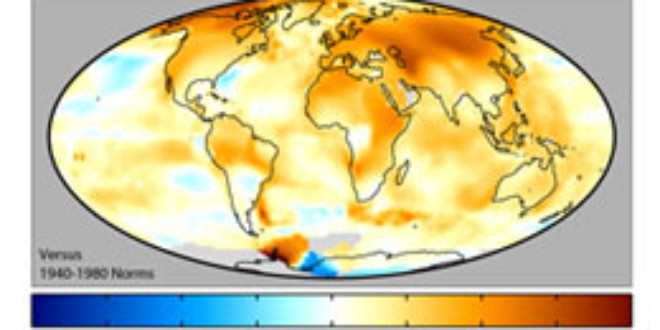(From miamiherald.com) Orlando – Scientists addressing the Florida Fish and Wildlife Conservation Commission”s first climate change summit last week forecast a bleak future for the state”s fish and wildlife over the next century:
• As many as 30 percent of native species could face extinction from habitat loss because of rising ocean levels.
• Coral reefs could begin dissolving in 10 to 12 years as increasing carbon dioxide levels make oceans more acidic.
• South Florida’s mangrove forests could be greatly reduced or even lost, leading to increasing storm surges.
• Invasive species such as melaleuca trees and blue tilapia — a hardy freshwater fish from South America — will spread north, crowding out Florida’s remaining native plants and animals.
Reed Noss, a professor of conservation biology at University of Central Florida, predicted that as sea levels rise, about half of Florida’s population would be forced to move away from the coasts, crowding into inland regions such as the Lake Wales Ridge and Kissimmee Valley. The human influx, Noss said, would crowd out wildlife, such as the endangered Florida panther. He recommended the creation of large upland preserves with travel corridors for fleeing wildlife.
”Is it cost-effective to spend billions on Everglades restoration, or would funds be better spent to move species upland?” Noss said.
To stem the loss of coral reefs, Robert van Woesik, a biology professor at Florida Institute of Technology, recommended designating networks of marine protected areas with no fishing allowed. ‘Local protection leads to local benefits,” he said. “Protection really does matter.”
Other speakers advocated stepping up efforts to control non-native species; allowing natural coastal ecosystems — not seawalls — to buffer shorelines; reducing manmade stressors, such as carbon emissions; and restoring natural freshwater flows to lakes and rivers.
Said Len Berry, director of the Center for Environmental Studies at Florida International University: “The message to take from this is that planning needs to start now. We want to come out of here with things we ought to be concentrating on.”
(BY SUSAN COCKING)
 Ocean Sentry
Ocean Sentry




